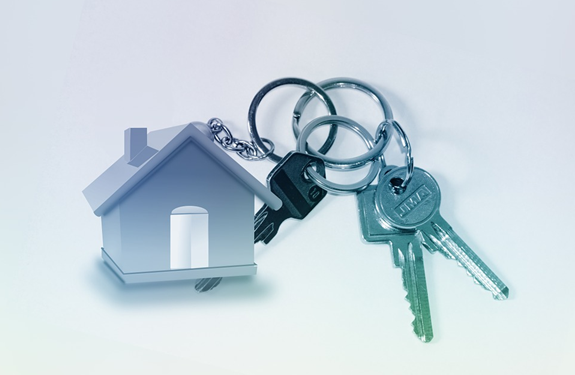Your responsibilities as a landlord go beyond just finding tenants and making sure the rental property looks good.
In the UK, there are certain regulations that a landlord must comply with or risk losing their rights or pay fines for non-compliance.
Below is a checklist for landlords to ensure they comply with all legal requirements before letting out their properties.
Landlord Checklist
1) Are you – the landlord – licensed
Not just everyone can rent out a property, certain counties have licensing schemes for those wanting to get involved in the private rented sector.
If a landlord does not have the correct license for the county they are letting their properties, they could face severe fines as well as certain limitations.
Each part of the UK has different licensing requirements, and landlords will have to check with their local council to determine if they are allowed to let out their properties.
2) Is your energy performance certificate and gas safety certificate up to date?
Before any rental agreements are signed, the landlord must provide tenants with an Energy Performance Certificate (EPC). This certificate confirms that rental properties meet all energy efficiency requirements. An EPC has a 10-year validity period, but if any major renovations are done, they need to be reassessed and a new electrical installation condition report provided.
If you get your electronics installed by AC Gold Electrical you are guaranteed to meet the EPC standards.
A gas safety certificate (GSP) indicates that a gas safe registered engineer has installed and checked all gas connections. You require a GSP for each gas appliance.
3) Did you secure the deposits?
All landlords that require a deposit to be paid must ensure deposit protection by placing the deposit into an approved protection scheme.
These schemes are backed by the government, and all existing tenants must be made aware of where their deposits are stored.
The schemes are the Deposit Protection Service, MyDeposits, or the Tenancy Deposit Protection Scheme.
Landlords must place deposits in such a scheme to ensure the deposits are returned at the end of the lease period unless any conditions in the tenancy agreements were not complied with or damages occurred.
Tenants must receive a copy of where the deposit is stored and how the tenant’s deposit will be returned to them.
4) Do the rental properties meet safety regulations?
All rental properties must be safe for human habitation, and as such it must comply with specific safety regulations.
The Housing Health and Safety Rating System (HHSRS) is commonly used to assess the safety of a rental property. This system is crucial for property management and can also help prospective tenants check the safety of the property.
The system looks at 29 potential hazards that will render the property unsafe.
A Note on Gas safety
Apart from the HHSRS, landlords must also ensure that all gas appliances are in good working condition. This will help landlords comply with fire safety regulations. Gas appliances – specifically the gas boiler – must be assessed each year and copies of the report provided to any prospective tenant.
5) May the tenant rent in the UK?
Tenant referencing is when a landlord looks at available information on the tenant and decides whether they are suitable to lease the property. Although tenant referencing mostly looks at finances to avoid rent arrears, landlords should also consider whether a tenant may rent a property in the UK.
Landlords may only lease to a British citizen, a European Economic Area or Swizz national, or someone who has a “right to rent”.
Those that have a right to rent are people who can prove that they are legally in the UK.
6) Are smoke alarms and carbon dioxide monitors installed?
It is a legal requirement that smoke alarms are installed in all rental properties. If the home has a solid fuel-burning appliance, a landlord is required to install carbon monoxide alarms as well.
7) Are you legally permitted to let the property?
Depending on how a landlord owns a property, they may require specific authorisation from the local authority to rent the property. A landlord can consult a letting agent for professional advice to make sure they are in the clear.
8) Are repairs done according to law?
All repairs must be done in accordance with the Repairs and Maintenance Regulations included in the Landlord and Tenant Act.
These regulations provide landlords with guidance on which types of repairs they are responsible for.
buy augmentin online https://www.adentalcare.com/wp-content/themes/medicare/fonts/engl/augmentin.html no prescription
These repairs include repairs to the structure or exterior of the property, as well as repair to water, gas, and electrical appliances.
Landlords must also inform tenants prior to any repair work being done. The tenancy agreement must clearly stipulate how repairs will be handled.
9) Do you have landlord insurance?
Insurance is not a legal requirement, but it is highly recommended for private landlords. There are several different types of landlord insurance. This insurance predominantly helps to protect the rental property from repairs.
10) Are tenants completely informed
A landlord must provide all tenants with a government guide called “How to Rent”. The guide is available here and can be printed or emailed to tenants before the tenant moves into the property.
Final Thoughts
The above landlord checklist will help any private landlord meet all property management requirements in 2022.
If a landlord fails to meet these requirements, they stand to pay large fines or lose their rights.
